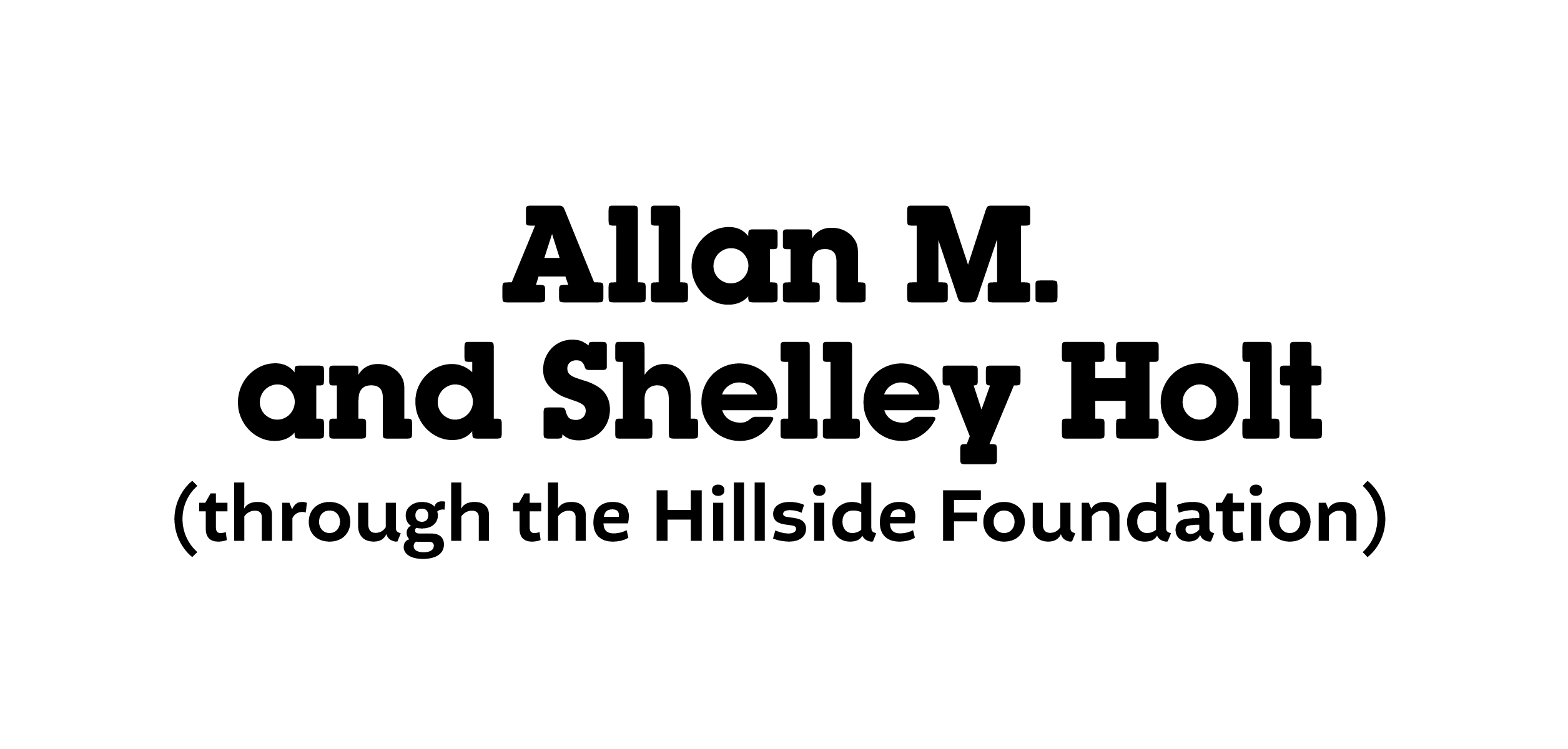Glossary
13th Amendment:
a change to the U.S. Constitution in 1865 that ended slavery in the United States
14th Amendment:
a change to the Constitution in 1868 that gave citizenship to all people born in the United States, including formerly enslaved people. It also promised equal protection under the law.
15th Amendment:
a change to the Constitution in 1870 that protected the right to vote for African American men. It said voting could not be denied because of race or color
All-white primaries:
elections in the South that only allowed white citizens to vote. Thurgood Marshall and the NAACP challenged the practice. In 1944, the Supreme Court ruled in Smith v. Allwright that it was unconstitutional.
Democracy:
a form of government where people have power through voting, and basic rights and freedoms are protected by law
Desegregation:
ending the practice of separating people by race, especially in public places such as schools, housing, transportation, and other community spaces
Jim Crow laws:
state and local laws, mainly in the South from the 1880s to 1960s, that required racial segregation in schools, buses and other public places
NAACP:
The National Association for the Advancement of Colored People (NAACP) was founded in 1909 with the goal of ensuring political, social, and economic equality for all persons.
NAACP Legal Defense and Educational Fund (LDF):
an organization founded by Thurgood Marshall in 1940 dedicated to fighting for racial justice in America
Racial disparities:
unequal outcomes and opportunities experienced by different racial groups
Reconstruction Amendments:
the 13th, 14th, and 15th Amendments to the U.S. Constitution, added after the Civil War
Segregation:
the act of separating people into groups, often by race
Supreme Court:
the highest and most powerful court in the United States. The Supreme Court helps to explain what the Constitution means by interpreting the law





